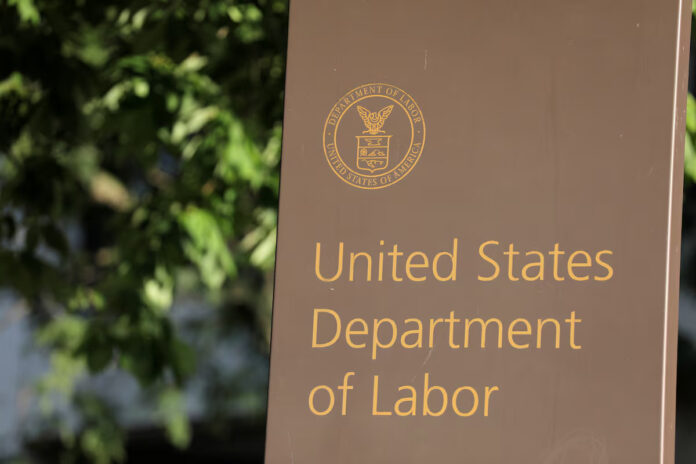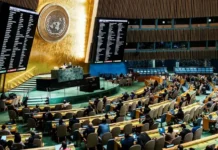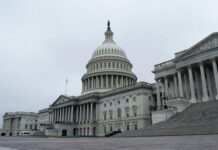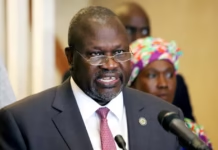
President Donald Trump on Friday fired a top U.S. Labor Department official, accusing her, without evidence, of manipulating jobs data after a surprisingly weak employment report for July. The move, coupled with the sudden resignation of Federal Reserve Governor Adriana Kugler, has intensified concerns over the politicization of U.S. economic institutions and data.
Trump directed the dismissal of Erika McEntarfer, a Biden-era appointee and senior official at the Bureau of Labor Statistics (BLS), following the release of data showing only 73,000 jobs were added in July, far below expectations. Compounding the shock were net downward revisions of 258,000 jobs from the May and June reports.
“We need accurate jobs numbers,” Trump posted on his social media platform, Truth Social. “I have directed my team to fire this Biden political appointee, IMMEDIATELY.”
No evidence has been presented to support Trump’s claim that jobs figures were “rigged.” The BLS, which compiles key statistics like employment data and inflation metrics, declined to comment on the allegations.
A Trump administration official, speaking anonymously, pointed to longstanding challenges in federal data collection, such as falling survey response rates and pandemic-era disruptions—as contributing to recent inconsistencies. Indeed, the employment report’s response rate dropped from 80.3% in October 2020 to 67.1% in July 2025, according to BLS data.
Experts have warned that politicizing economic data could severely undermine U.S. credibility. “Credibility is far easier to lose than rebuild,” said Michael Madowitz, an economist at the Roosevelt Institute. “Politicizing statistics has never ended well.”
Meanwhile, Trump received an unexpected opportunity to influence the Federal Reserve Board with the abrupt resignation of Fed Governor Adriana Kugler, effective next week. Her departure allows Trump to appoint a new governor ahead of schedule, potentially shaping the future of U.S. monetary policy.
The vacancy could also serve as a springboard for Trump to position a preferred candidate to eventually succeed Fed Chair Jerome Powell, whose term ends in May 2026. Among names floated as potential nominees are economic adviser Kevin Hassett, Treasury Secretary Scott Bessent, former Governor Kevin Warsh, and Fed Governor Chris Waller, a Trump appointee who recently dissented in favor of interest rate cuts.
As markets reacted to the twin developments, the S&P 500 tumbled 1.6%, marking its sharpest daily decline in over two months. Investors now face heightened uncertainty amid leadership shifts at key institutions traditionally seen as data-driven and apolitical.
Written By Rodney Mbua

















